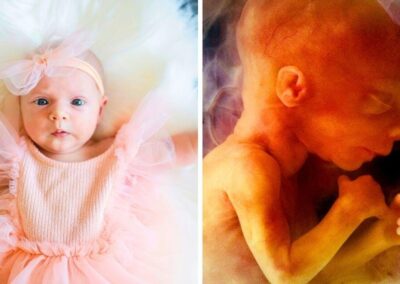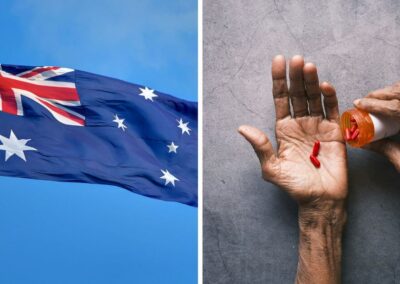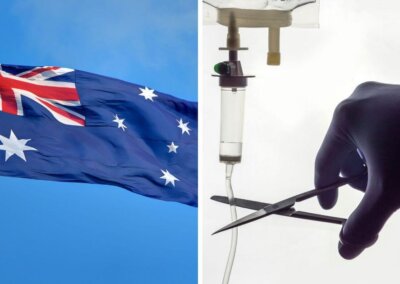An Australian journalist has written about her shock following a conversation with her sonographer who revealed that some families choose abortion after discovering the sex of their unborn baby.
The anonymous writer shared her experience of going for her 20-week pregnancy ultrasound. She explained that when she and her husband decided not to find out the sex of the baby, the sonographer looked relieved.
Curious to find out more, the mother asked the sonographer what was behind her display of relief and was surprised to hear her answer.
Negative reactions to the baby’s sex
The sonographer revealed that she dislikes sharing the sex of the baby with parents because of the negative reactions that she has seen in the past. She described fathers getting angry and leaving the room when they find out they are having a daughter.
She continued “Some are so disappointed, they terminate based on the gender. I know this, because they come back to me for the ultrasound evaluation to confirm they are no longer pregnant”. The journalist, who is in favour of access to abortion, remarked that this revelation “blew [her] mind” as she did not think that abortions took place for this reason.
Research reveals extent of sex-selective abortion
A study published in 2018 by researchers at La Trobe University, Australia, indicated that some sex-selective abortions were taking place in the state of Victoria, despite the practice being illegal.
A global modelling of birth rates has estimated that 22 million girls could be ‘missing’ from the global population by 2100.
The report, published by leading medical journal ‘BMJ Global Health’, used over three billion birth records from 204 countries.
Sex-selective abortion is a well-documented issue around the world, resulting in highly skewed sex ratios. Since amending its abortion law in 1998, sex-selective abortions have become a major issue in Canada.
An article in the Canadian Medical Association Journal describes how “[e]asy access to abortion and advances in prenatal sex determination have combined to make Canada a haven for parents who would terminate female fetuses in favour of having sons”.
China’s “One Child Policy”, which was officially eased in 2015, permitted coerced sterilisation and abortion. Traditional values that favoured male children led to the mass abandonment or infanticide of female babies. Hundreds of millions of forced abortions were performed, sometimes at over eight months gestation. China consequently boasts the world’s most uneven sex ratio at birth of around 114 males born for every 100 females.
Spokesperson for Right To Life UK, Catherine Robinson, said “This journalist is right to be shocked about the practice of sex-selective abortion. It is unconscionable to think about a baby’s life being ended simply for being a girl. What is deeply concerning is that this practice is not explicitly illegal in the UK, despite the fact that 91% of women in the UK agree that sex-selective abortion should be explicitly banned by the law”.












